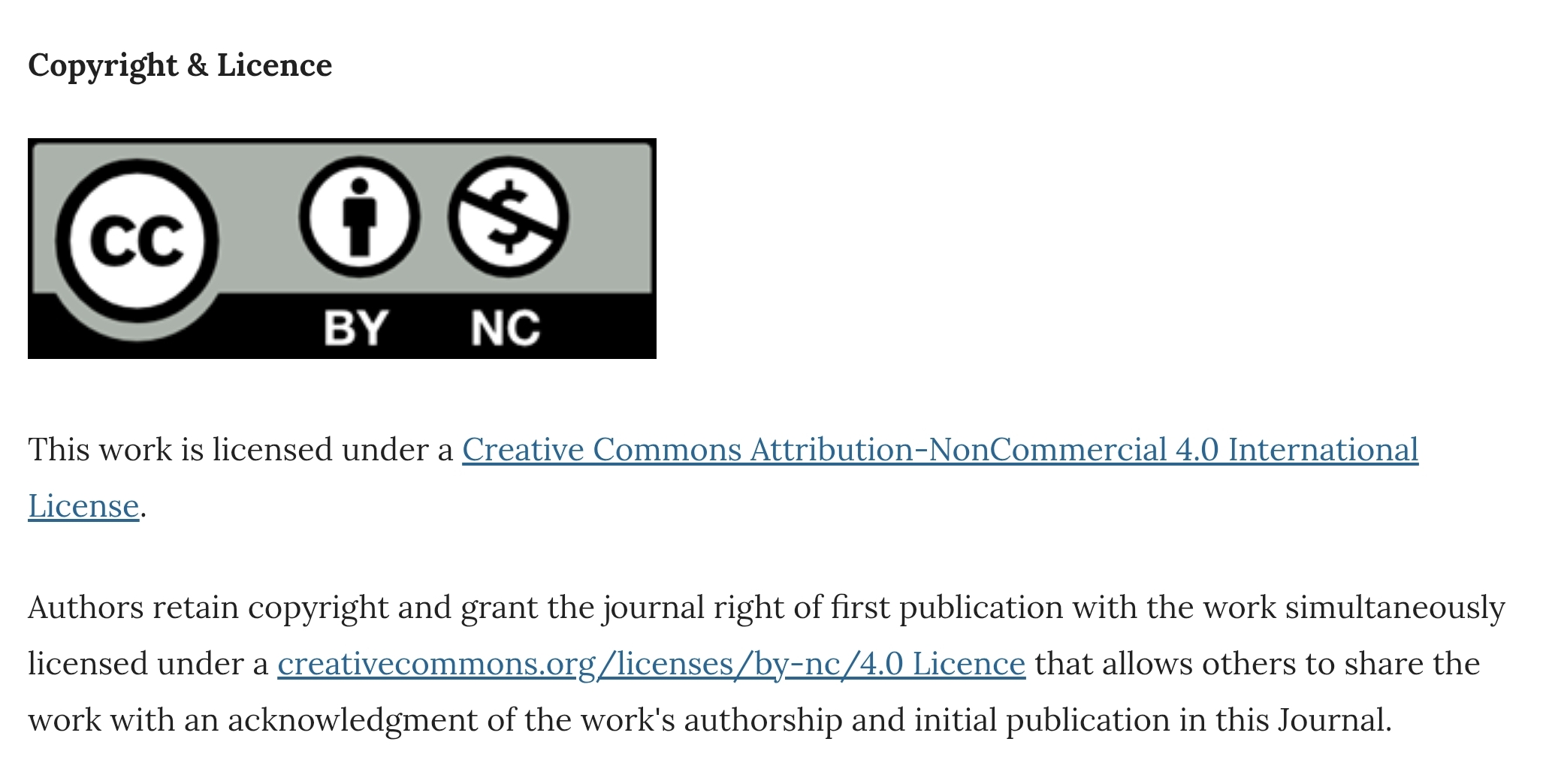PRESIDENTIAL ADDRESS
|
|
Access the article online: https://kjponline.com/index.php/kjp/article/view/475 doi:10.30834/KJP.37.2.2024.475. Received on:07/10/2024 Accepted on: 07/10/2024 Web Published:08 /10/2024 |
WORK STRESS AND SUICIDE AMONG MEDICAL PROFESSIONALS: TIME TO ACT
Delivered at 40th Annual Conference of the Branch of Indian Psychiatric Society, Kerala (SIPSCON) 2024 on 11th August 2024
Mohan Sundaram1*
1. Senior Consultant Psychiatrist, Manohar Hospital.
*Corresponding address: Senior Consultant Psychiatrist, Manohar Hospital, Kozhikode, Kerala, India, PIN-673002. Email address: drmohansundaram@yahoo.co.in
Good evening, everybody. Respected president Dr. Jayaprakashan KP chief guest Mr. K. Jayakumar IAS, honorable general secretary Dr. Joice Geo, treasurer and incoming secretary Dr. Anees Ali, honorary editor Dr. Indu P.V and the other dignitaries on the dais senior professional colleagues, Psychiatrists, postgraduates, other guests and family members.
I am profoundly humbled and grateful to accept the privilege of serving as the President of the Indian Psychiatric Society, Kerala chapter. I'm thankful for the trust you have placed in me, and I pledge to work tirelessly to promote the values and goals of our organization. I feel proud to have been born to my illustrious parents, to be part of the medical fraternity, and to be a consultant in psychiatry. These experiences have invoked positive qualities to join this organization and lead this society. I am indebted to my mentors, Professor Dr. Abraham Varghese and Dr. K Kuruvilla, my teachers, and my guides, who have formalized my training and what I am now have been a boon because I was a part of the training in the Mental health centre, CMC Vellore. As mental health professionals, we are profoundly responsible for serving our community, advancing our field, and supporting one another. I promise to prioritize the needs of our members, patients, and the community, ensuring that our organization remains a beacon of hope and excellence in Psychiatric care.During my tenure, I focused my area of interest on the incidence of increasing suicide rates in the medical fraternity; we are aware that there is a high risk. So, one of my primary concerns is to focus on suicide among doctors. It's important to remember that suicide is often a cry for help, and people who struggle with suicidal thoughts or behaviors may be experiencing intense emotional pain or distress. Suicide among doctors, physicians, or medical trainees dying by suicide is high. Studies report that physicians are more likely to die by suicide than the general population and even people with similar academic training who are not Physicians. Suicide mortality is about the same among male and female doctors. This is significantly higher than that of the general population.
Female physicians are at a higher risk of attempting suicide than men, showing rates of over 250% higher among women and about 70% higher among men versus the general population. In the US, 300 to 400 doctors die by suicide each year at the rate of 28 to 40% 100,000 or more than double that of the general population. 9% of American male physicians and 11% of American female physicians reported having suicidal thoughts in Medscape Physicians suicide report in 2023. Recently, the physical and mental health of the Indian superheroes we call doctors has become a critical worry. According to the 2022 online survey results, stress levels are perceived by doctors. In India, it was 61.43%, with 2/3 due to professional and 1/3 due to domestic stress, and a significant percentage of doctors. The Indian Medical Association (IMA) reported that over 20 doctors died by suicide in Kerala in the year leading up to March 2024. In the past year, more than 20 doctors, including medical students, died by suicide in Kerala. In 2023, 11 medical professionals died by suicide in the state, with the majority being males from various age groups. Experts have linked this trend to the heightened stress levels and social isolation faced by doctors. A significant percentage of doctors reported experiencing symptoms of Anxiety, Depression, and sleep disturbances. Moreover, the highest-stress environment had adverse effects on doctors' physical health and well-being, with many reporting issues like fatigue, musculoskeletal problems, and compromised immune function. In a study conducted by the Indian Medical Association, a significant number of doctors in India, approximately 82.7%, experience stress. The primary cause of stress by many doctors, around 46.3%, is a fear of violence, which is the fear of being sued, followed closely by 24.2%. In addition to the mental health challenges, Indian doctors face a significant physical health risk, irregular working hours, sleep deprivation, and lack of time for self-care activities such as exercise and healthy eating, which contribute to a sedentary lifestyle and increased rates of obesity, hypertension, and diabetes among doctors. These physical issues affect the doctors personally and the liability to provide adequate health care. Recognizing these issues has resulted in initiatives implemented to support the mental and physical health and well-being of Indian doctors. A few medical institutions have initiated doctor counseling services programs that aid doctors in coping with their professional stresses. Organizations have also raised awareness about the importance of self-care and work-life balance among doctors.Nonetheless, the efforts to create a sustainable and supportive environment for doctors in India still need to be increased. Enhanced working conditions, such as sufficient staffing and mental health resources, are substantial in safeguarding the welfare of healthcare providers. Government intervention and policy reforms that prioritize doctor's health and introduce measures to reduce the burden on doctors are essential steps toward addressing this growing crisis. Eventually, the physical and mental health of Indian doctors is essential for the excellent quality of healthcare in the country. By identifying and attending to these challenges, we, as citizens, can better support these dedicated professionals who play a crucial role in preserving and improving the nation's health.
The IMA has launched free medical counseling and therapy services to provide mental health support to doctors. IPS Kerala has to be actively involved in addressing the issue of suicides among doctors in the state. Here are some roles they have to take up:
- Raise awareness: IPS should organize various programs and campaigns to raise awareness about Mental health, stress, and suicide prevention among doctors.
- Support system: We must establish a support system for doctors, providing a platform to share their struggles and connect with peers and mental health professionals.
- Helpline: IPS has to launch a dedicated helpline for doctors to seek confidential support and guidance.
- Advocacy: We should advocate for policy changes and reforms to reduce stress and workload on doctors, promoting a healthier work environment.
- Collaborations: IPS should collaborate with Mental health organizations and experts to provide resources, workshops, and training for doctors.
- Research: They have to initiate research studies to understand the factors contributing to suicides among doctors in Kerala, informing evidence-based interventions.
By taking these initiatives, IPS Kerala should aim to create a supportive community to reduce stigma around Mental health and promote well-being among doctors.During my tenure, I focused on increasing mental health awareness among doctors, promoting research, enhancing professional development and opportunities, and improving access to care. I seek your active participation, expertise, and collaboration to achieve these goals.
To strengthen our community, we have to foster innovative approaches and advocate for the mental health needs of our population. In that case, I want to increase the primary membership of the Indian Psychiatric Society at the national level and the state level. Moreover, to strengthen the number of guilds in Kerala, I plan to meet and address all the existing guilds and even form newer guilds in places that need representation. Thereby trying to increase the membership of our society and to invite and include the new doctors coming out after exams, and the postgraduates who are eligible to become new members of the society I would also insist that all the members who are more than four years of experience after their post-graduation should take life fellow membership in the Indian psychiatric society. We need to strengthen our society to recognize and value all our representations. My next focus will be on the protection of minority groups, like the LGBTQ, regarding their mental health grievances, treatment, and care. An area of importance in the current situation is the disaster-stricken at Wayanad district; we are going to face a lot of Psychosocial stress-related problems in the grief-stricken population, like post-traumatic stress disorders, anxiety, depression, panic, and other ailments. We will be involved with state DMHP and try to see in whatever way as professional assistants and service to the community. Our members, Dr. Dayal Narayanan and Dr. Mehaboob Razak have been entrusted to take the lead in the solutions.So, thank you for this honor. I am proud to lead this esteemed society, and I look forward to our collective journey toward a brighter future for mental health care in Kerala. Last but not least, I seek the grace of the Lord almighty in all endeavors as the President of our society. I wish every one of you a vibrant year ahead.
Thank you
References
- Rappai R, Cherian AV, Lukose A, Vijayakumar L. Suicide Research in India: An Overview of Four Decades. Asian J. Psychiatry. 2020; 53:102191. DOI: 10.1016/j.ajp.2020.102191
|
Please cite the article as: Sundaram, M. Work Stress And Suicide Among Medical Professionals: Time To Act. (Presidential Address) Kerala Journal of Psychiatry 2024;37(2):78-81. |








